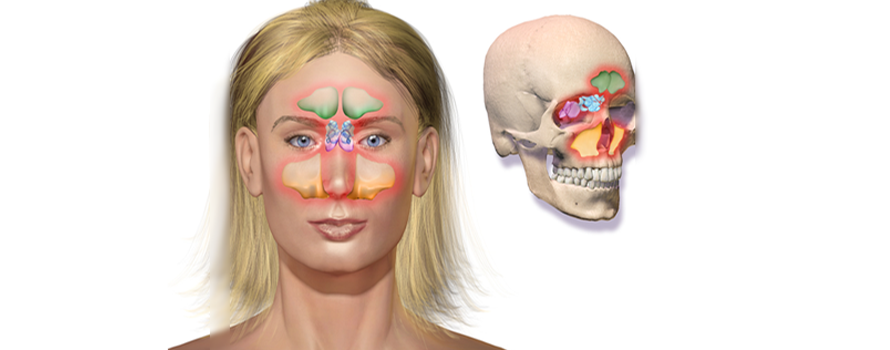In today’s world women performs a number of roles in the family and in the social system. She has tremendous pressure having to cope up with both home and work. Hence, they get less time to take care of their health. They are prone to many health risks. Right from their childhood, women deal with menstrual issues, metabolism issues, malnutrition, hormonal imbalances, and many more. Hence taking care of her health becomes most important.
Women are accorded the greatest respect right from Vedic time.
According to Atharva Veda, girls too should train themselves as students and only then enter into married life. It specifically emphasizes that girls should receive the same level of training as boys.
यत्रनार्यस्तुपूज्यन्तेरमन्तेतत्रदेवताः ।
यत्रैतास्तु न पूज्यन्तेसर्वास्तत्राफलाःक्रियाः ॥
Those who respect women, their every work becomes fruitful and they are always blessed by the divine. Women have been given prime importance for ages and different Acharyas in their manuscripts have explained in detail about different diseases faced by women in various stages of life.
Ayurveda, which is better known as the science of life, offers some of the most significant and useful herbs to boost women’s health and also help tackle physical and mental entities. There are several natural herbs that have proven to improve the health of women. Some of them are:
- Shatavari(Asparagus): Has the ability to balance the hormone levels in the female body. Very useful in PMS, infertility, irregular menstrual cycle, menopause, and lactation.
- Asoka: Helpful in treating uterine hemorrhagic conditions like menorrhagia and metrorrhagia.
- Amalaki(Gooseberry): Helps to balance all three doshas and treats palpitation, anemia osteoporosis, etc.
- Yastimadhu(Licorice): Helpful in treating PMS and urinary disorders.
- Kumari (Aloevera): Useful in excessive white discharge (leucorrhea).
Both physical and mental care is vital in women’s health. They are likely to show signs of depression and anxiety than men due to hormonal changes that occur during puberty as well as menopause. Some of the physical health challenges are osteoarthritis, osteoporosis, breast, cervical and ovarian cancers, obesity, pregnancy care, and its risk factors, thyroid abnormalities, etc.
Ayurveda for Menstrual issues
Common problems faced by women during puberty are irregular periods, premenstrual pain, anemia, excessive or scanty bleeding, etc.
Ayurveda suggests some lifestyle changes that can ease menstrual discomforts such as the practice of asanas( Dhanurasana, Ustrasana, Janusirsana, Bhujangasana), avoiding fried, spicy, and oily foods and consumptions of plenty of liquids, etc.
In the case of anemia, the consumption of food rich in iron such as nuts, beetroot, apples, amla, and spinach is beneficial.
In the case of dysmenorrhea or painful menstruation, women suffer from nausea, vomiting, headaches, frequent urination along severe pain. Ayurveda suggests the use of Aloe-vera, a diet rich in complex carbohydrates and low in salt, sugar, alcohol, and caffeine. Regular exercising, regular practice of yoga and meditation, application of a heating pad or a warm water bath relieves lower abdomen pain and relaxes the muscles.
In case of heavy or scanty bleeding, there are different Ayurvedic herbal formulations to normalize the uterine function such as Asoka, Usheera, Sariva, Gokshura, Shatavari, etc.
Ayurveda for Women Infertility
Women’s infertility may be due to ovarian factors, tubal factors, age-related factors, uterine problems, PCOS(hormonal imbalance), etc.
Ayurveda focuses on Agni deepana( improving the digestive capacity), Amapachana (detoxifying the toxins), and Shodhana ( purification of the tissues) mainly by Panchakarma procedures.
In the case of ovulation disorders, herbal formulations of Asoka, Dasamoola, Shatavari, Gugguluetc are advised.
In case of premature ovarian failure, herbal formulations of Asoka, Shatavari, Jeevanti, Guduchi are useful.
In blocked fallopian tubes and PID, herbal formulations of Guduchi and Punarnava are useful.
Different Ayurvedic treatments like Abhyangam, Shirodhara, etc helps in nourishing the body and revitalizing the mind.
Panchakarma procedures are such as Uttara Basti, Yoga Basti, Virechana and Vamana are very successful.
Ayurveda in Imbalance of Hormones
Hormones are the chemicals secreted from the endocrine glands such as Thyroid, Adrenaline, and Pituitary. The normal functioning of these glands maintains the balance of hormones. Hormones are the messengers communicating between body and mind and also responsible factors for metabolism, regulation of menstrual cycles, fertilization of the ovum, proper growth of the fetus in women. Reasons for the abnormal functioning of these glands are mental factors like stress, depression, anxiety, also sedentary lifestyles, unhealthy and unwholesome food, lack of sleep.
Ayurveda advises proper diet i.e proper food at the proper time concept stating that timely food intake can reduce most of the risks caused by hormonal imbalances. Some of the herbal formulations prescribed are Dandelion roots (mainly to regulate estrogen), Shatavari, Aswagandha, Kapikacchu, etc. in treating the hormones.
Regular practice of Yogasana, Pranayama (different breathing techniques such as Nadishuddhi pranayama, Omkara recitation, etc.), Dhyana (meditation) also plays a major role in treating most of the mental factors which lead to the imbalance.



